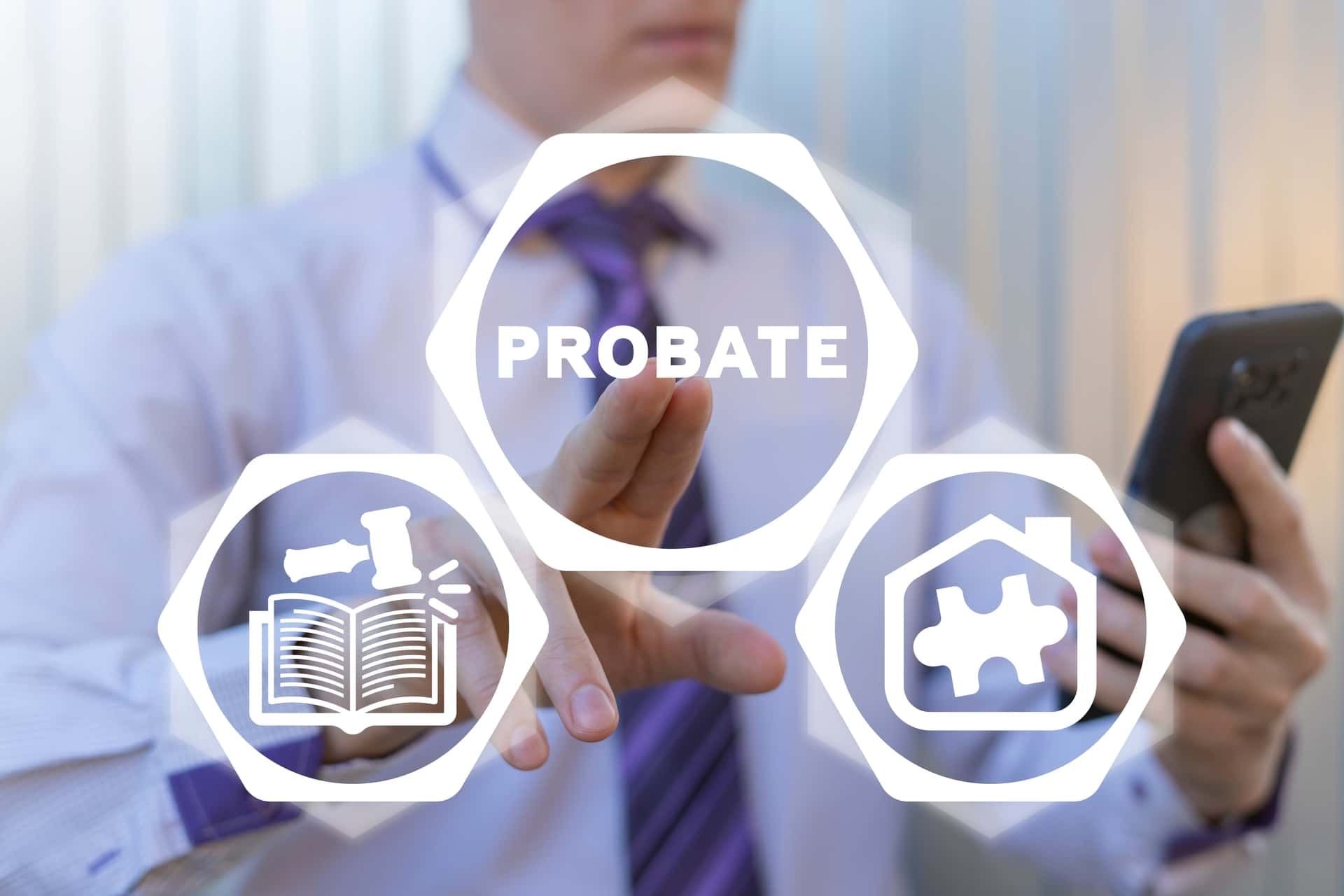Ancillary Probate in Florida: What You Need to Know
If you’re looking to learn more about ancillary probate in Florida, then you’ve come to the right place! Ancillary probate is a process that can be complicated and confusing, but it’s important to understand if you have any assets located in the Sunshine State.
In this article, we’ll break down everything you need to know about ancillary probate in Florida, so you can be prepared and make informed decisions.
Ancillary Probate: What Is It?
First off, what is ancillary probate? In short, it’s the process of opening a court case in order to transfer any assets located in Florida when someone passes away. This process is different than standard probate proceedings, which are used to transfer an estate in the county where the deceased resided. When someone dies with assets located in multiple states, ancillary probate may be necessary to ensure that all their property and belongings are properly transferred.
The Benefits of Ancillary Probate
There are a few key benefits to ancillary probate in Florida. First, it’s generally faster and less expensive than standard probate proceedings. Ancillary proceedings only involve the assets located in Florida, so they don’t require as much paperwork or documentation and can be completed in a more timely manner.
Additionally, ancillary probate allows you to use the same legal team for all your proceedings. Since this type of proceeding is handled at the state level, there’s no need to retain multiple lawyers from different states. This makes it easier for family members to communicate with one another and helps streamline the process overall.
Why Is Ancillary Probate Necessary?
When a person dies, their assets are subject to
probate in Florida. Probate is a legal process that determines the legitimacy of a deceased individual’s will and distributes their assets according to the terms of the will.
However, when an individual dies with property located outside of the state of Florida, then ancillary probate must take place.
Ancillary probate is basically a secondary form of probate that takes place once the main proceeding has been completed. It requires a different set of court documents and procedures than what would be used in regular Florida probate proceedings.
So why is it necessary?
The answer lies in jurisdiction: each state can only have jurisdiction over property that is physically located within its borders. So when a deceased person has assets located in another state, the probate court of that other state will need to be involved in order to transfer ownership of those assets.
For example, if a resident of Florida dies with property located in Georgia, then ancillary probate proceedings would have to take place in Georgia before the property could be transferred to its rightful heirs. The same holds true for any other state or country from which the deceased owned assets.
The ancillary process is often lengthy and can become quite costly as well as complicated depending on the assets involved and who is claiming them. It’s important to understand all the legal requirements associated with ancillary probate so that you can ensure the process goes as smoothly and quickly as possible.
Ancillary probate also requires a great deal of paperwork, which can be intimidating to handle on your own. In order to ensure that all the documents are filled out correctly, it’s highly recommended that you work with an experienced
estate planning attorney in Florida who can guide you through the entire process. Working with an attorney will also help to reduce any potential problems or delays along the way.
Ultimately, ancillary probate is necessary to make sure that all assets located outside of Florida are legally transferred upon a person’s death. It can be lengthy and complex, but understanding why it’s necessary and having proper legal assistance can help make sure everything is handled correctly.
The Steps of Ancillary Probate
Now that you know what ancillary probate is, let’s take a look at the steps necessary to complete this process.
1. File the Petition
First, you’ll need to file a petition in the court system in order to begin ancillary probate proceedings. This document will outline who is involved and why they are entitled to receive assets located in Florida, so it’s important that all parties provide accurate information.
2. Gather Necessary Documentation
Before any funds can be distributed, all documents related to the estate must be gathered and submitted to the courts. These may include wills, deeds, bank statements, and other forms of proof of ownership of assets located in Florida.
3. Appoint Representatives
During this step, a representative from each state where assets are located must be appointed. This person will be responsible for representing the estate and ensuring all procedures are properly followed.
4. Notify Creditors
It’s important to notify creditors of the decedent’s death as soon as possible. All debts must be paid off before any assets can be distributed, so it’s important to make sure all creditors have been identified and notified.
5. Finalize Distribution
Once all documents have been gathered and all debts paid, the courts can approve the final distribution of assets located in Florida. This usually happens within 6 to 12 months from when ancillary proceedings began, depending on how complicated the case may be.
How an Attorney Can Help
Navigating the legal system can be complicated and time-consuming, so it’s always a good idea to work with an experienced attorney when dealing with ancillary probate.
An attorney will be familiar with the local laws and regulations, so they can ensure that all procedures are completed properly and in a timely manner. They’re also knowledgeable about any
potential tax implications or other issues that may arise during this process.
Get in Touch with an Experienced Ancillary Probate Lawyer Today
At
The Law Offices of Mary King, we are dedicated to providing our clients with the legal guidance they need to settle their ancillary probate cases quickly and effectively.
Our experienced attorneys can answer any questions you have and provide the expertise necessary to make sure your case goes as smoothly as possible. So don’t hesitate to contact us today at
941-906-7585 to discuss your ancillary probate case.
The information in this blog post is for reference only and not legal advice. As such, you should not decide whether to contact a lawyer based on the information in this blog post. Moreover, there is no lawyer-client relationship resulting from this blog post, nor should any such relationship be implied. If you need legal counsel, please consult a lawyer licensed to practice in your jurisdiction.
Disclaimer: The information on this website and blog is for general informational purposes only and is not professional advice. We make no guarantees of accuracy or completeness. We disclaim all liability for errors, omissions, or reliance on this content. Always consult a qualified professional for specific guidance.
RECENT POSTS
CONTACT US






